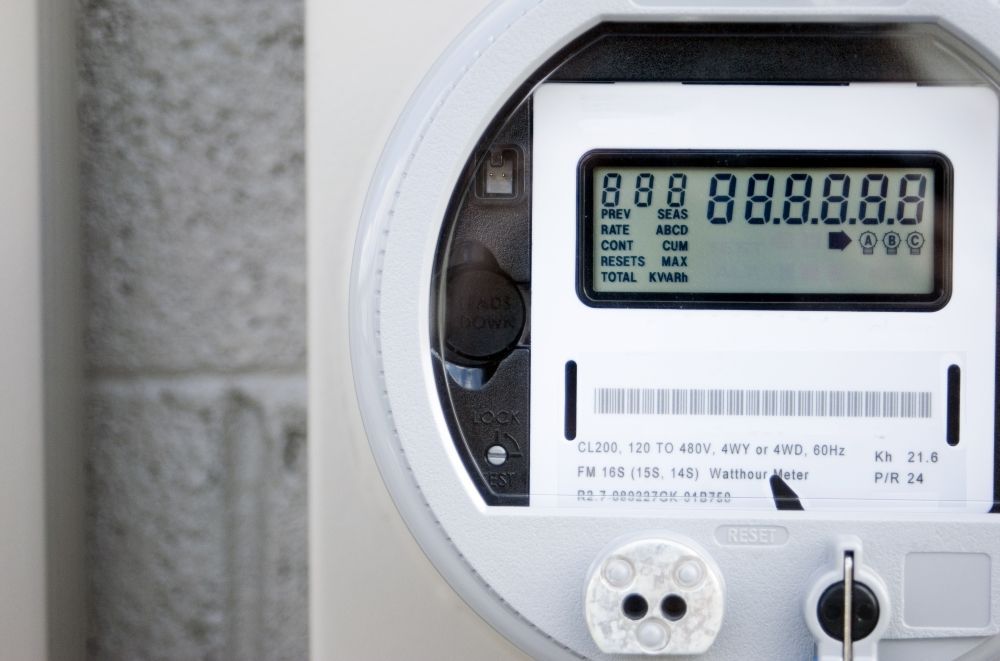Ofgem has outlined concerns over some suppliers potentially using surplus customer credit balances to fund “otherwise unsustainable business practices”.
It is therefore consulting on limiting the amount of customer credit balances suppliers can hold, proposing an auto-refund policy which would require suppliers to refund any credit balances above £0 for domestic credit customers payed by fixed direct debt on the anniversary of when they started their contract.
This auto-refund proposal is designed to stop surplus credit balances growing year-on-year, but would not stop suppliers building up surplus credit balances during the year.
The regulator is claiming the introduction of such a policy would give £1.4 billion back to consumers, with this figure coming from its own research that found as much as £1.4 billion was held in surplus credit balances in October 2018.
Ofgem chief executive Jonathan Brearley said the new proposal would “ensure that suppliers are not holding onto more of customers’ money than absolutely necessary”.
Typically, customers who pay by fixed direct debt pay the same amount each month based on their estimated consumption, therefore building up a credit balance during the summer when less energy is used and then drawing on this credit during the winter.
However, many customers who pay by fixed direct debit are overpaying resulting in surplus credit balances, Ofgem said, resulting in the need for this new requirement.
If confirmed, the proposals would be rolled out from 2022.
“This is an important step in making the retail energy market fairer for consumers at a time when many are facing financial hardship,” Brearley added.
However, the retail market is also proving challenging for suppliers, in particular smaller suppliers. Since 2018, over 20 suppliers having shuttered including the likes of Yorkshire Energy, Tonik Energy, Effortless Energy, and GnERGY all closing within 2020.
So far in 2021, Green Network Energy and Simplicity Energy have ceased trading after both failed to make their renewable obligation payments.





